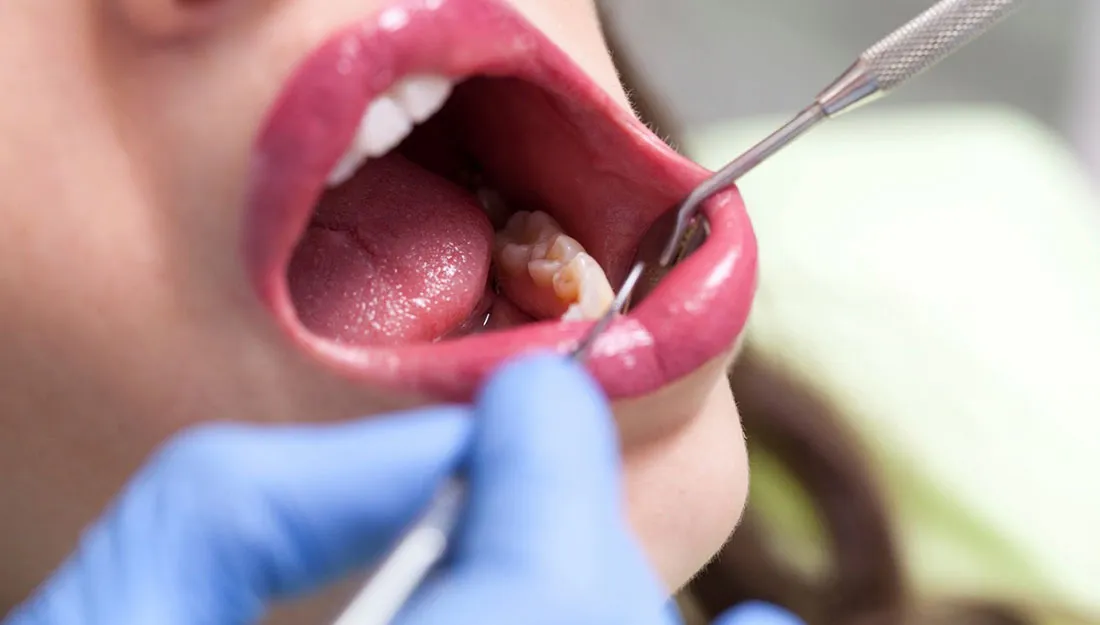Wisdom teeth removal is a common procedure that oral surgery specialists perform routinely to protect your long-term oral health. These molars can cause problems if they come in crooked or are partially trapped under the gum and bone.
The best way to prevent complications after a wisdom tooth extraction is to get prepared before the surgery. Make sure you have a designated driver and prepare food ahead of time, focusing on soft foods like noodles.
Impacted Wisdom Teeth
Wisdom teeth usually erupt around the time of one’s teenage years or early twenties, which is why they are also known as “thirteeners.” Unfortunately, keeping these molars often leads to complications that negatively impact oral health. These include pain, infection, and crowded or damaged teeth.
Crooked wisdom teeth, or those that grow in erratically, tend to create pathways for bacteria and food particles to enter the gums. They may also cause crowding of nearby teeth and disrupt orthodontic or occlusal alignment.
If a wisdom tooth is fully erupted and properly aligned, it can be removed by a general dentist using dental tools without the need for oral surgery. However, if it is impacted, the removal procedure will be more extensive and require oral surgery. An oral surgeon can remove a partially or impacted wisdom tooth after numbing the area and creating a flap in the gum tissue. Then, muscle or bone will need to be cut away to access the tooth and root.
Impacted Teeth Cause Pain
Some wisdom teeth are impacted, coming in at a bad angle or getting trapped beneath gum tissue or bone. Impacted wisdom teeth can lead to many problems, including tooth pain, bacterial infection and damage to other teeth. For this reason, dentists and oral surgeons often recommend removal of impacted wisdom teeth.
Although rare, a complication of wisdom tooth extraction is injury to a section of a nerve that supplies feeling to the lower lip, chin and tongue. This usually causes pain, tingling or numbness in the affected area, and it can last for a few weeks to a few months.
The risk of this complication is higher in older patients, so it’s important to be vigilant about regular dental checkups. It’s also important to brush your teeth regularly, especially around the extraction sites. This prevents bacteria from building up and causing an infection. In addition, you should irrigate your mouth daily with salt water, using a syringe to flush away food debris from the site.
Impacted Teeth Cause Bleeding
If a wisdom tooth cannot grow in straight, it will likely become impacted or trapped in the jaw bone or gums. This can cause pain and other dental problems.
Bleeding gums are one of the first signs that a wisdom tooth is trying to come in and is stuck. This can also lead to swollen and irritated gums. Other symptoms include a dull or aching pain in the back of the mouth, swollen throat muscles, earaches, headaches, neck or facial pain, and difficulty opening the jaw.
When a wisdom tooth is impacted, it requires oral surgery to remove it. A dentist will inject anesthesia to numb the area. They may also give you nitrous oxide or general anesthesia to make the procedure more comfortable and pain-free. After numbing the area, a dentist will make a flap in the gum tissue to expose the tooth and surrounding bone. They will then use a dental drill to divide the tooth into sections so it can be removed more easily.
Impacted Teeth Cause Damage
Because the average mouth does not have enough room for wisdom teeth, these molars can often get trapped in the gum or bone. This is called impaction, and it can cause a host of oral health problems. The best way to avoid these problems is to have your third molars removed in their early development stages.
Crooked wisdom teeth can damage other teeth, creating excessive wear and trapping bacteria. They can also affect the alignment of your other teeth, leading to the need for orthodontic treatment later in life.
While general dentists are great for tooth fillings and crowns, oral surgeons have undergone 4-6 years of advanced training to specialize in dental surgery, including wisdom teeth removal sioux falls sd. To remove a wisdom tooth, the oral surgeon will use anesthesia to numb the area. They will then cut or open the gum tissue to expose the tooth and remove any small pieces of bone or abnormal structures blocking its growth path. The tooth is then removed and the surgical site is sutured closed.






